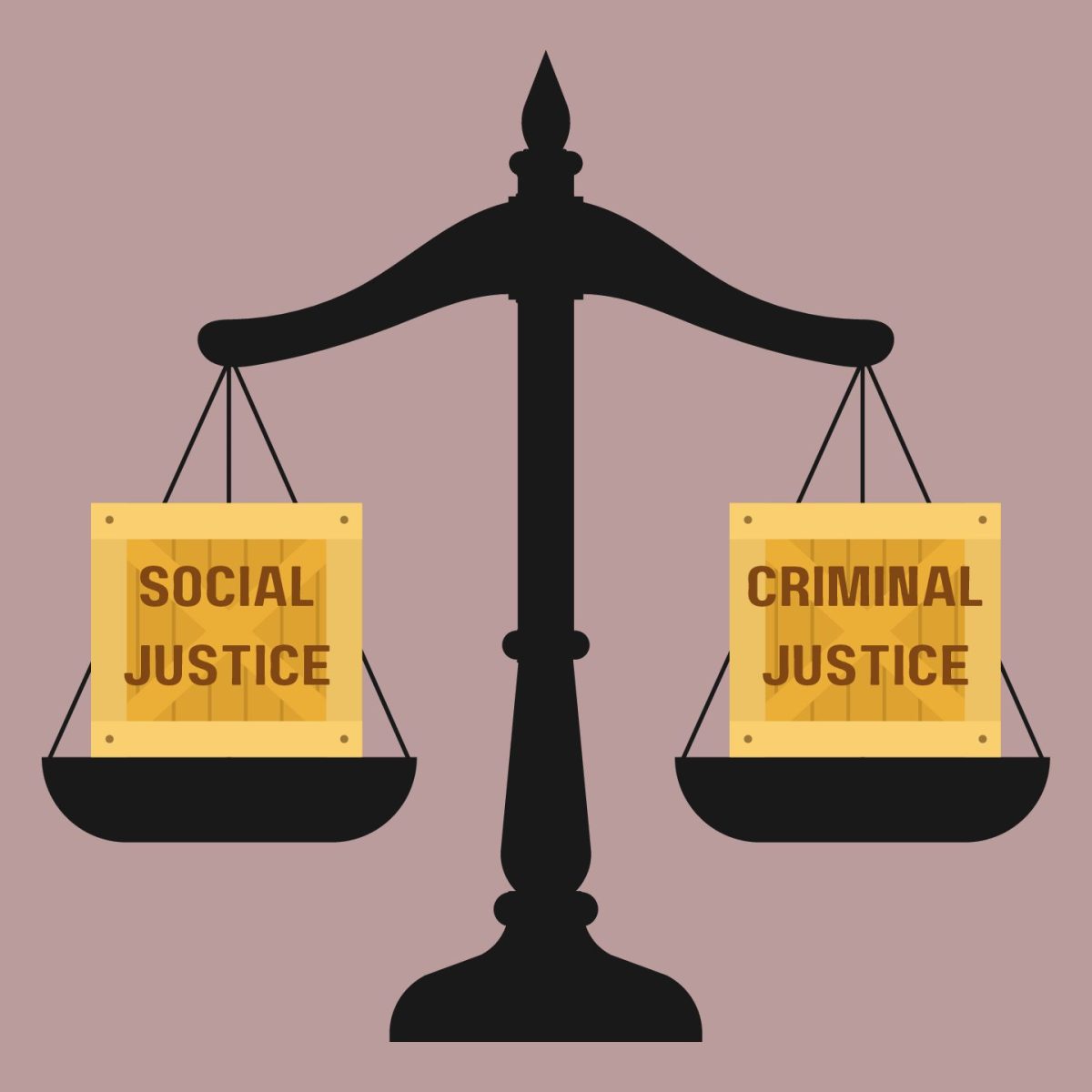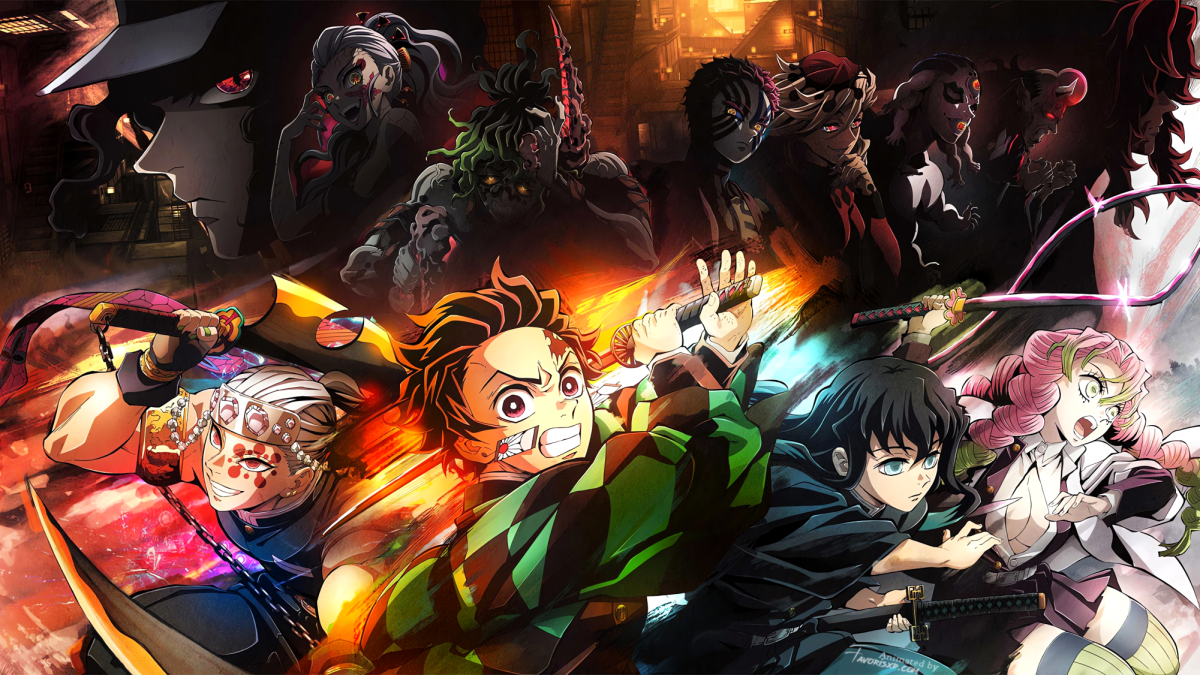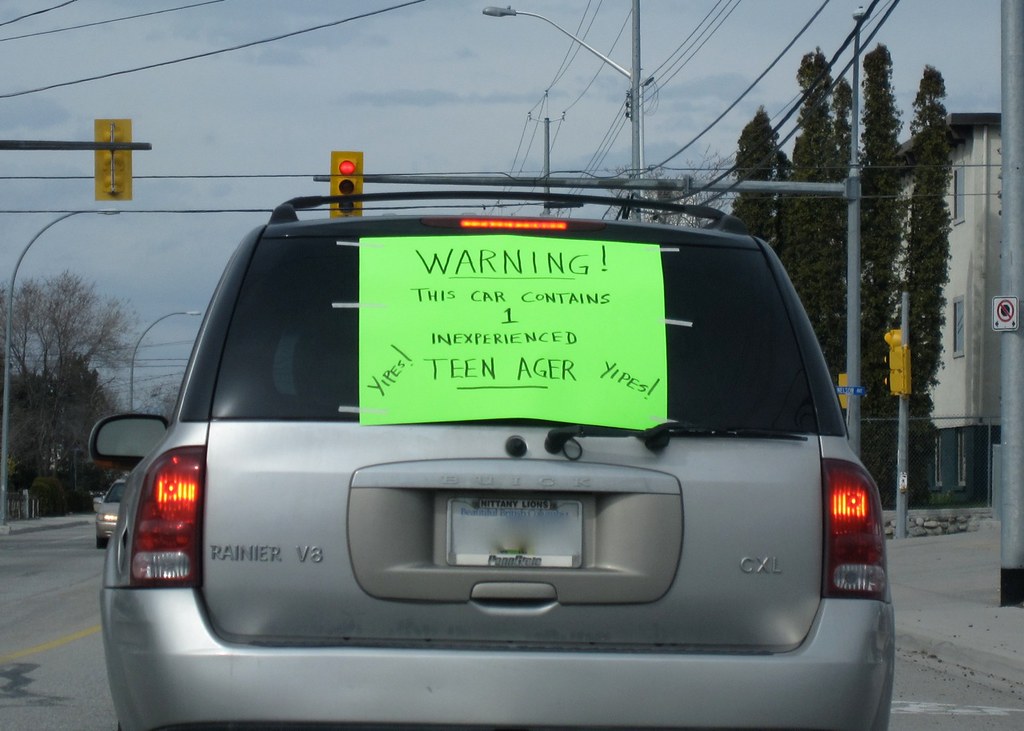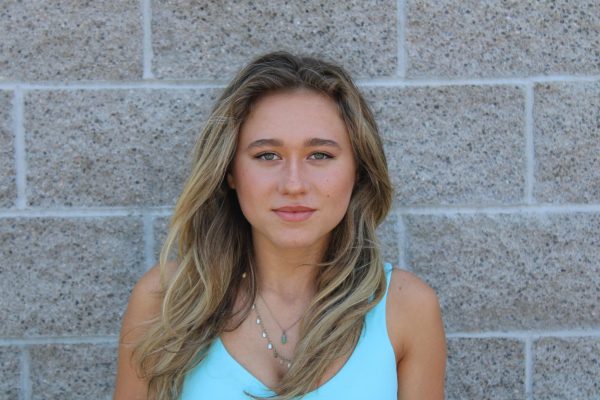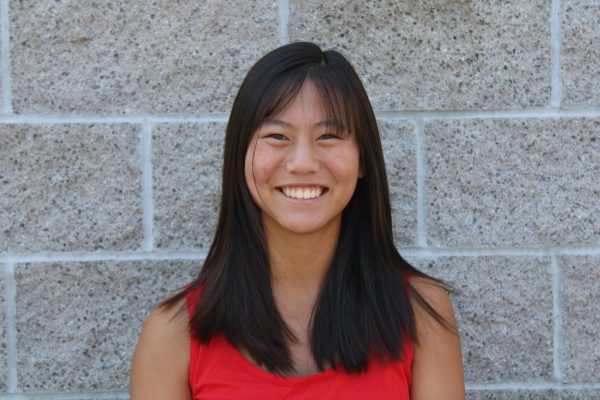*The opinions expressed within the content are solely the author’s and do not reflect the website’s or its affiliates’ opinions and beliefs.*
Can we truly classify one form of justice as more important than the other if both actions are for the growth of humankind? In today’s society, biases against prisoners have grown to become a national issue with cases of abuse arising every day. Yet very few seem to speak up about it, and the media constantly pushes their focus on issues regarding race, LGBTQ+ rights and other minority issues. The status quo we pursue today pushes a new democratic ideal: equality for all humankind, regardless of history or background. However, this same moral context does not seem to apply to incarcerated individuals as they are constantly disregarded out of conversations of equality and aren’t even provided equal opportunity in the workforce. Therefore, I believe that the democratic lens we use to view today’s social justice issues should be equally applied when analyzing criminal justice.
To better understand our contrasting views of prisoners in America, we can think about a classic ethics question: when a train is barreling down a track at five people and you can divert the track to only hit one person, would you do it? The answer is debatable and is continuously argued by modern philosophers and ethics professors. Now what if we introduce a new variable to the equation and say the one person on the track is an inmate or formerly incarcerated? Does this change your decision as to whom to save or murder? Although we would like to say this new information does not affect our choice, it subconsciously changes our view of the situation. However, this should not be the case. Those incarcerated and imprisoned in America deserve the same rights and value in our society as those who aren’t.
At first, this argument can be daunting. Why should we allow those incarcerated, who have done wrong in our society, to be held to the same standards as law-abiding citizens?
The root of this problem ultimately comes from not being able to understand the history of our nation. We must look at history to learn from our past in our prediction of our future, yet ironically it is the symbolism of change. Former President Barack Obama once claimed, “We are the change we have been waiting for, we are the change that we seek.” Whilst we may not be able to understand much of why others agree on certain issues, we can better our society by learning to understand why they may say that. It seems as though most of our society just tries to pick a side and blindly agree to all values that go along with it rather than learn about the reasoning as to why others may support different values and what background may cause them to.
Who assigns the status quo we live by, and are we truly so democratically prosperous if we continue to live by the standard that was precedently assigned to us? As a melting pot, we try to fit into one dish with a specific ideal when in reality we are just a mix of cuisines, and sticking a label will only ignite chaos as we must follow different routes and unify in the overall outcome rather than all taking the same path and implicating another as at fault or wrong. We tend to live in communities with others who agree with the path we take, and together we grow by taking the same route whether that be economically, socially, or politically, so it is difficult for those with different views in the community to build a new idea and end up conforming to a singular party, be it liberal or conservative. We say one is wrong, but can we truly label one as wrong or right without limiting our perspective of the other?



